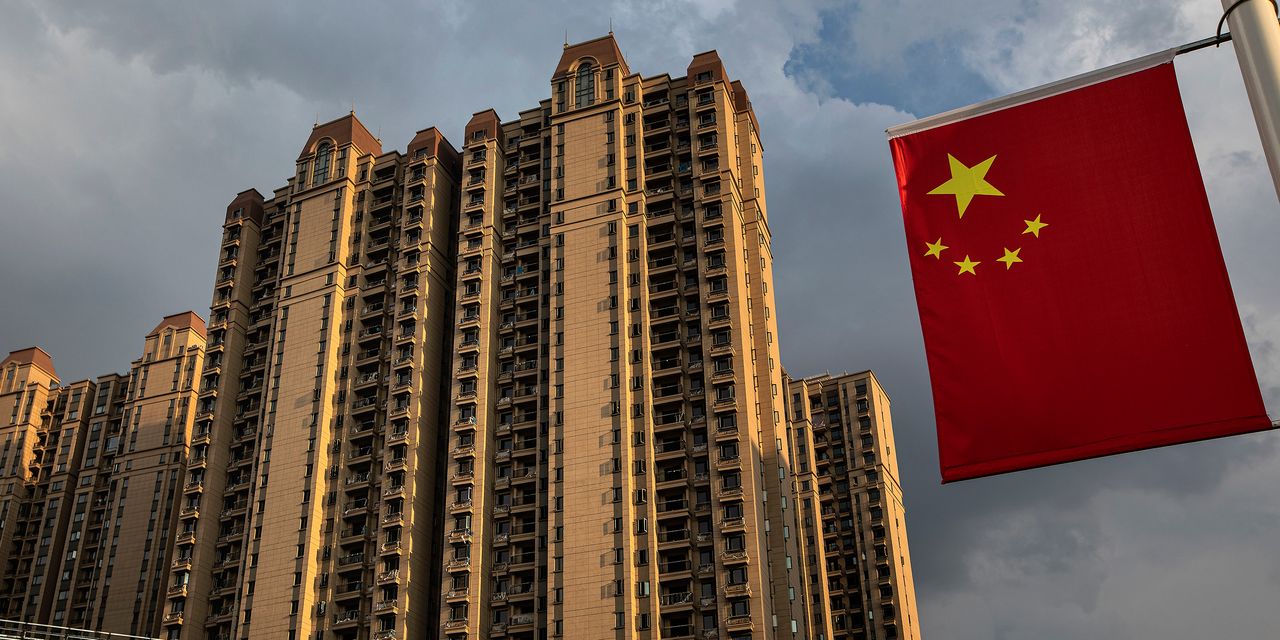Evergrande
has filed for bankruptcy protection in the U.S. nearly two years after its descent into distress triggered a crisis across China’s property sector. More risks, beyond developers, are brewing in the world’s second-largest economy.
Evergrande filed for Chapter 15 bankruptcy protection in Manhattan on Thursday – a symbol of China’s sprawling and indebted real estate industry—which some estimates have put at 30% of the country’s gross domestic product (GDP). Chapter 15 protects foreign companies like Evergrande, whose corporate debt was widely held among Western institutional investors, under the umbrella of U.S. bankruptcy law.
Evergrande’s meltdown, beginning in September 2021 when it failed to make interest payments on bonds, rocked global markets and set off a chain of failures across the Chinese property sector. Evergrande in July reported an 812 billion Chinese yuan ($111.4 billion) loss for 2021 and 2022, and the company’s restructuring, largely state stage-managed, has been long in the works.
“The Company noted relevant reports of the media and wishes to clarify that the Company is pushing forward its offshore debt restructuring as planned,” Evergrande’s board said in a statement. “The application is a normal procedure for the offshore debt restructuring and does not involve bankruptcy petition.”
Evergrande’s filing for U.S. bankruptcy protection is not a shock, but comes at a time when investors globally are stressed about the debt crisis in China’s real estate sector. Trouble at property giants—including, most recently, the largest survivor,
Country Garden
(ticker: 2007.H.K.)—threatens to spill into the wider financial system and comes when the world’s second-largest economy is already in the midst of a slowdown.
Country Garden last week missed interest payments on some corporate debt, warned of huge losses, and halted trading on a spate of mainland Chinese bonds, all of which are troubling. Country Garden’s woes have brought Chinese real estate back onto the radar of investors, adding pressure to the stock market and exacerbating declines for the
Dow Jones Industrial Average
and
S&P 500.
“The impact of Country Garden’s woes is unlikely to be as severe as the fallout from Evergrande’s default two years ago. Still, with the economy in worse shape now than it was then, even a smaller hit could be destabilizing,” Julian Evans-Pritchard, the head of China economics at research group Capital Economics, wrote in a note.
Moreover, woes at Country Garden and other developers increasingly look like a risk to China’s financial system, including opaque shadow banking behemoths that extended credit to the real estate industry. Units of Zhongzhi Enterprise Group, one of China’s largest asset managers, reportedly missed interest payments last week, with Reuters reporting that it told investors it faces a liquidity crisis and must restructure its debt.
“[Zhonghzi] acknowledged that it was in a liquidity crisis and took the first steps toward a restructuring. This highlights the growing pressure on non-bank financial institutions (NBFIs), many of which are suffering from losses on their investments in the property sector,” said Evans-Pritchard. While “shadow banks are getting squeezed,” the economist added, “they aren’t as big a systemic threat as some fear.”
Nevertheless, with Hong Kong’s
Hang Seng Index
now in a bear market and the S&P 500 set for a third straight week of declines—largely due to China fears—investors will have to work hard to shake off their worries.
Write to Jack Denton at [email protected]
Read the full article here





